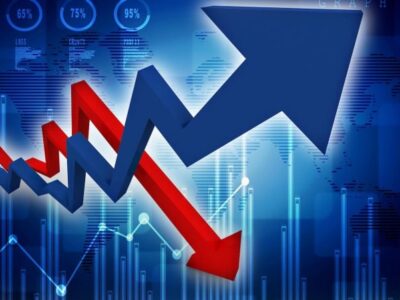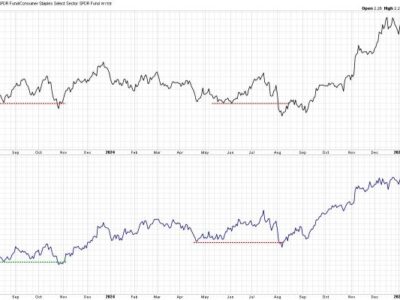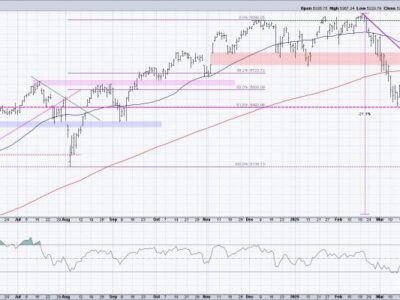
Less than a year ago, I wrote of the almost certain regret that awaited the prosperous, urban, multiple‐degree‐holding types who voted for Gustavo Petro, Colombia’s Chavista president. They thought they had supported a Nordic‐style social democrat—failing to notice that they had helped to elect a tropical socialist who, given his past as a guerrilla group member and Hugo Chávez supporter, was also a potential autocrat. Caveat emptor (or rather suffragator) indeed. But I never thought that voter’s remorse would set in so quickly. Or so extremely.
According to poll data from June 1, 2023, only 26 percent of Colombian citizens approved of Petro’s performance as president. And this was before the scandal that shook the country’s political scene last Sunday evening, when Semana magazine released a series of WhatsApp audio files sent by Armando Benedetti, Petro’s former ambassador in Caracas, to Laura Sarabia, the president’s former chief of staff.
Among the least bombastic revelations is Benedetti’s claim that Alfonso Prada, Petro’s former interior minister, “stole the whole ministry with his wife.” This implies massive levels of corruption around Petro, who came to power with an anti‐corruption agenda (quite cynically given his disreputable political alliances). Prada proceeded to sue Benedetti for libel.
Petro’s dwindling number of supporters may dismiss this as a politician’s petty slander against a rival in the cabinet. Far more concerning for them—and for Petro—is Benedetti’s matter‐of‐fact assertion to Sarabia that he himself obtained COP $15 billion (around USD $3.58 million at today’s exchange rate) for Petro’s 2022 presidential campaign, during which he served as the former candidate’s right‐hand‐man and main political handler. Petro’s campaign did not officially report any donation nearly as large. Its declared funds consisted mostly a series of bank loans, which were meant to be paid with the “reimbursement” sum that the Colombian state guarantees to candidates for each vote received in an election.
In many countries, an insider’s admission of how millions of undeclared dollars flowed into the president’s campaign coffers would bring down the government. Alas, Colombia is not one of them. This is not due to a lack of unashamedly corrupt presidents; as I wrote recently in The Wall Street Journal, the opposite has been the case. Rather, since the 1950’s, the Colombian elite’s idiosyncratic approach to presidential corruption has followed the maxim, attributed to journalist Hernando Santos (1922–1999), that the trouble with overthrowing a president is that he may fall upon those doing the toppling.
Already in Petro’s case, the three‐member House of Representatives commission created to investigate Benedetti’s statements includes two members of the president’s own party. The enquiry will be a charade, which is a pity since the source of the undeclared campaign money is as important as the sum itself. In an interview, Benedetti told Semana that the money “did not come from entrepreneurs,” meaning the legal business community. Suspicion has fallen on the Marxist guerrilla groups and other drug trafficking organizations, but also on the Venezuelan regime of Nicolás Maduro. Anonymous, the hacker group, claims that Maduro financed “part of the campaign of the current president of Colombia,” but has not published evidence hitherto.
What is certain is that, in regional terms, the Maduro regime has been the principal beneficiary of Petro’s election. To begin with, Colombia recognized Maduro’s presidency after a three‐and‐a‐half‐year hiatus, and Petro himself has met Maduro four times since his inauguration. His government, which opposes any future hydrocarbon exploration in Colombia despite dwindling reserves, has promoted the idea of importing Venezuelan natural gas.
While Petro wages a political war against Colombia’s key petroleum industry—crude oil has been the country’s main legal export for decades—he lobbied President Joe Biden to end American sanctions against the Maduro regime. This would imply renewed Venezuelan oil exports to the U.S. market (even if socialism devastated Venezuela’s oil industry well beyond immediate or even medium term repair). Petro’s “shoot yourself in the foot / prosper‐thy‐neighbor” policy is devoid of any rationality. Unless, of course, Colombia’s increasingly authoritarian president is somehow subject to the Venezuelan tyrant.
Petro’s eco‐fanatical crusade against the hydrocarbon industry is but one example of how his government is bent on destroying the few areas of the Colombian economy that are functional. Other examples include his plans to put the state in charge of centralized funding for the healthcare and pension systems, both of which are efficient—although certainly not perfect—thanks to private sector involvement and some degree of consumer choice. Where things are already problematic, Petro’s policies would make them worse. For instance, he wants to make a rigid, overregulated labor market even less flexible and more hostile to businesses.
Then there is the matter of rising insecurity, an old problem that, until recently, appeared mostly solved, only to resurface dangerously in the last year. Under Petro, illegal armed groups have expanded their power as they launch constant, deadly attacks against the armed forces and police. It all brings to mind the dark era of the late 1990’s, when Colombia was on the verge of becoming a failed state as it came under siege from the FARC guerrillas, which are still up in arms despite the much‐touted “peace” agreement of 2016.
Usually, a crisis in government breeds economic instability. Under Colombia’s current government, however, the opposite has been the case. Since the Benedetti scandal broke, the peso rallied to reach its highest value against the dollar since mid‐2022, when Petro was about to win the presidential election. In October, two months after he took office, the peso reached an all‐time low against the dollar. Amid the current political turmoil, forward‐looking markets are anticipating the failure of Petro’s legislative initiatives in health care, pensions, and labor law. Which is to say, there is speculation that Colombia’s institutional framework has already survived Petro’s statist onslaught. The weaker his position, the thinking goes, the less likely it is that non‐leftist parties will lend him their support, which he needs to obtain congressional majorities.
I fear, however, that markets may be getting ahead of themselves. The Colombian congress is minimally ideological and highly transactional. There is still a good chance that, issue by issue, Petro’s government can negotiate just enough votes to have his “reforms” approved, in which case only the courts will stand in the way of his agenda.
Not that Petro is respectful of any check or balance. This week, he propounded the theory that, since he was elected, his government represents “the will of the people,” meaning that any opposition to his political project—including from the news media—is part of an illegitimate, “soft coup.” The onslaught, in other words, is far from over.
In my view, the worst part about Petro’s election victory is that, at this time last year, Colombia was in need of radical reforms. Above all, a chronically sluggish economy required budget discipline, public spending cuts, drastic debt reduction, a strong currency (ideally through dollarization), far lower taxes, labor market deregulation, subsoil privatization, school choice, and an end to non‐tariff barriers. By electing Petro, however, voters decided to do precisely the opposite on all fronts. As warned, most already regret it.








